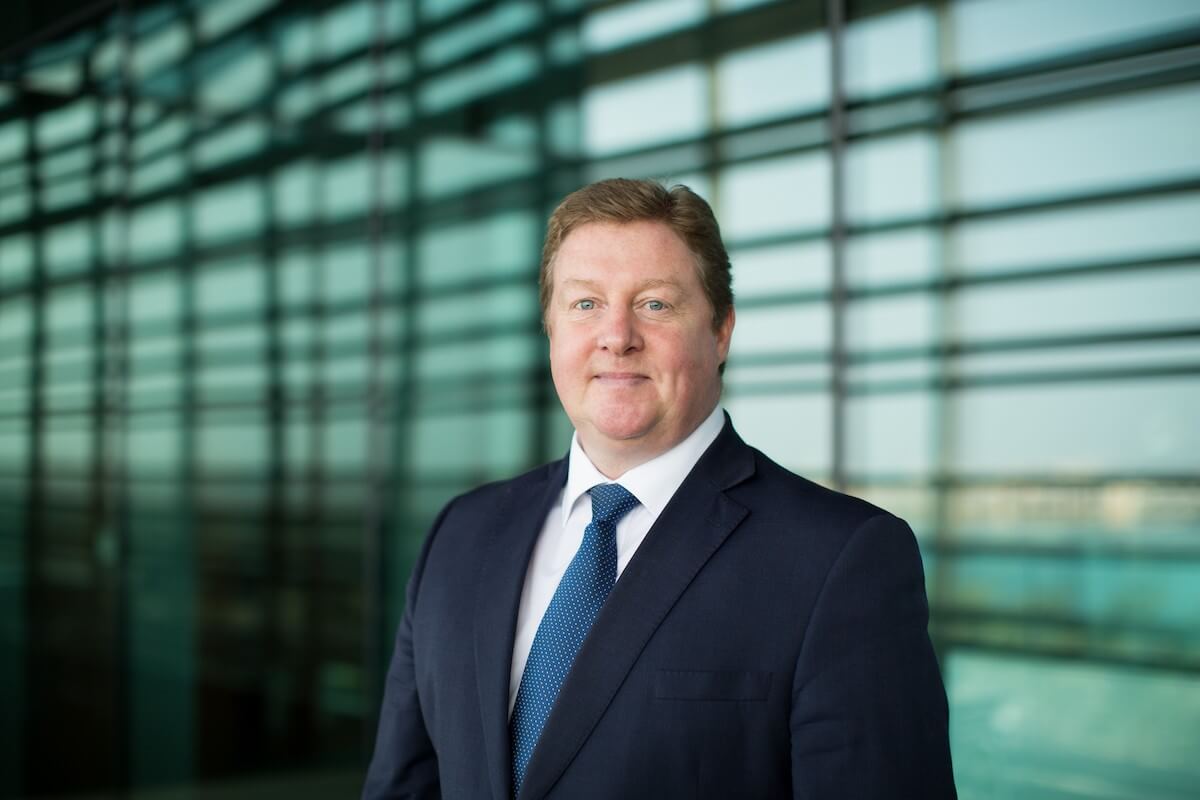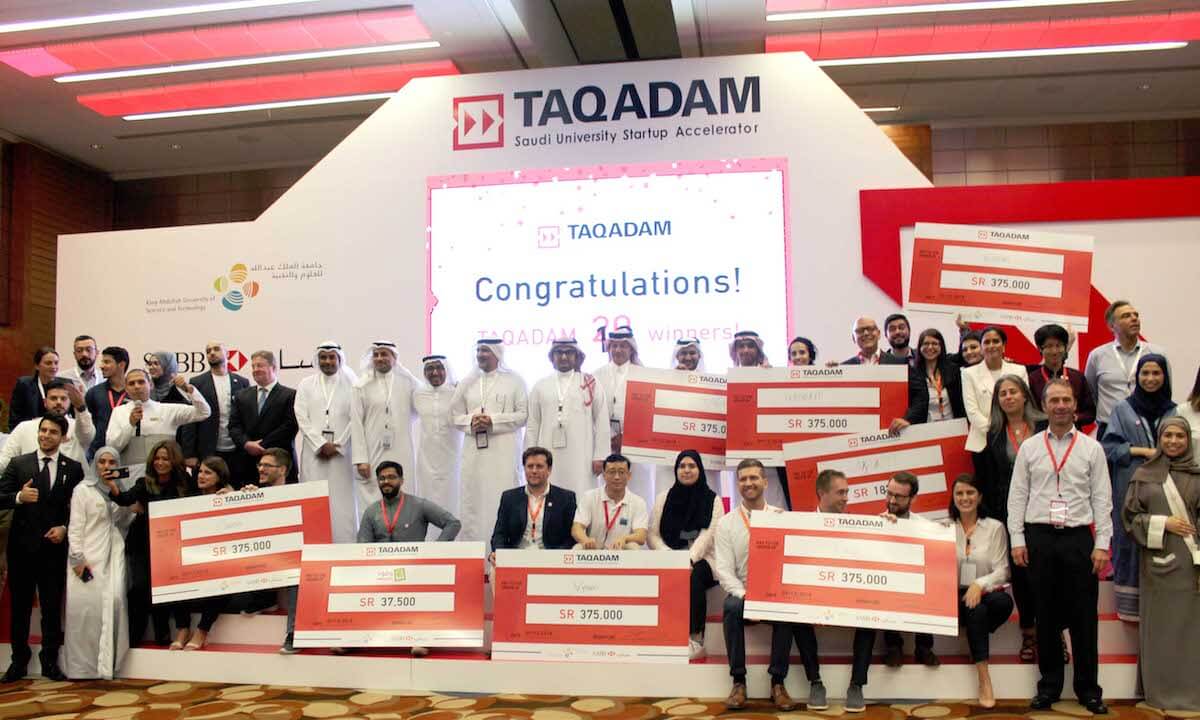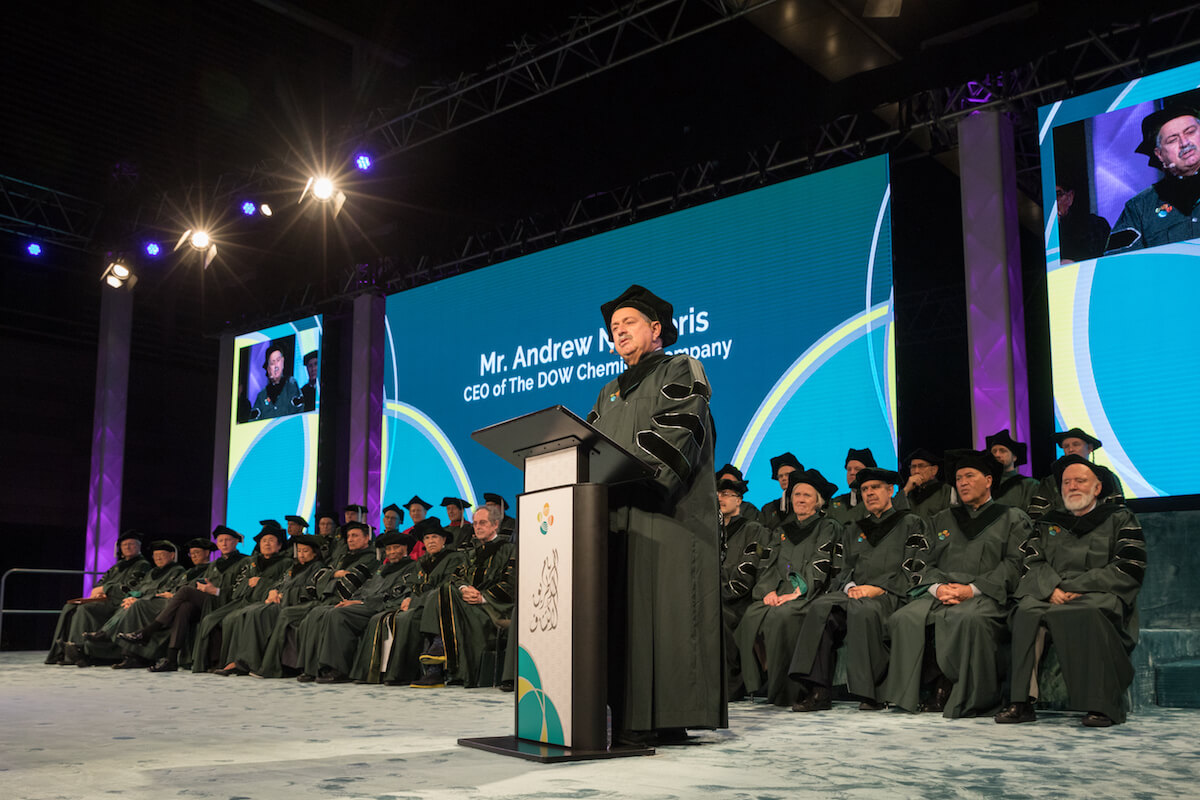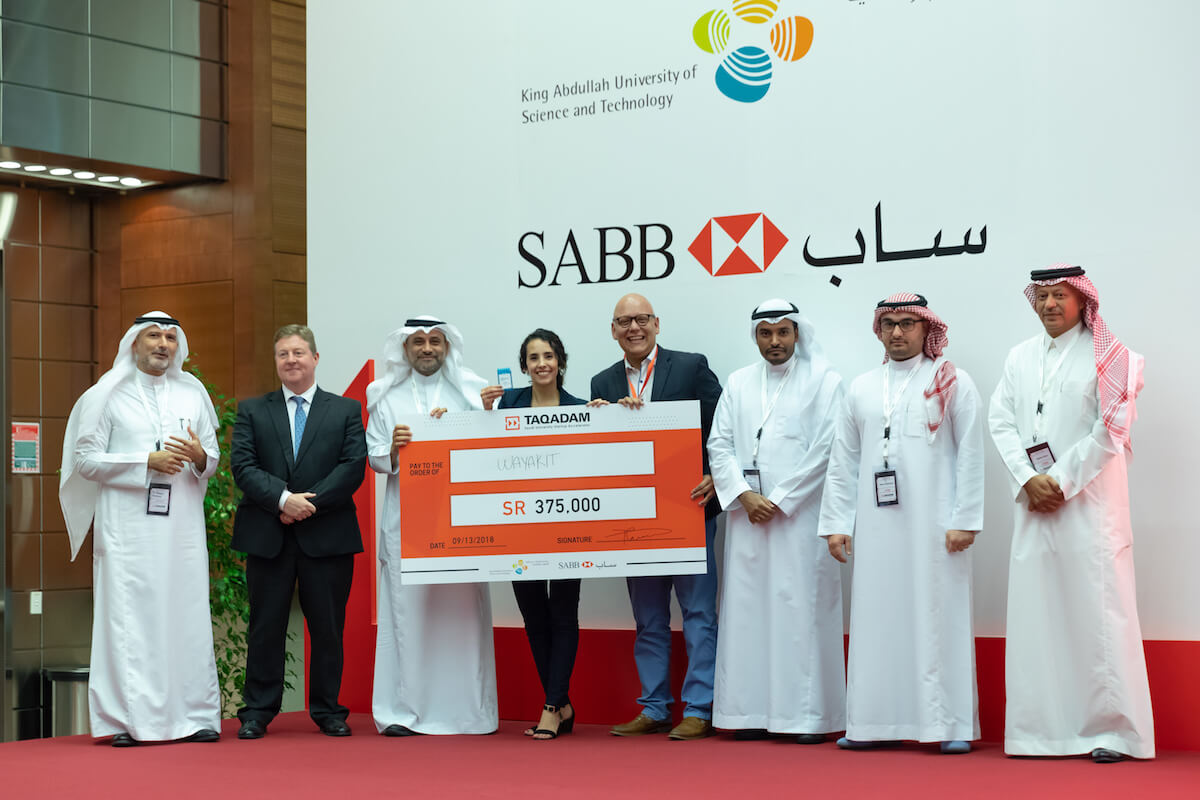Saudi Arabia’s innovation landscape

Dr. Kevin Cullen is vice president of KAUST Innovation and Economic Development. File photo.
By KAUST News
KAUST President Dr. Tony Chan recently emphasized the University's dual mission—research and education as one element of core business with innovation and impact as the other.
Research and innovation are closely linked, and KAUST has consistently ranked No. 1 for research citations per faculty member in the QS World Rankings. This excellence in fundamental research is an incredibly important starting point, but it is only part of the picture. KAUST Innovation is working to extend excellence in research to excellence in innovation and impact.
Below, Dr. Kevin Cullen, vice president of KAUST Innovation and Economic Development, gives an overview of Saudi Arabia's innovation landscape and KAUST's role within it.
Q: What effects do you think the Saudi government's attempts to reorient the economy away from government jobs towards the private sector will have on the startup scene?
A: Saudi Arabia has bold plans for the future. Vision 2030 aims to grow the contribution of SMEs by facilitating enhanced access to funding and encouraging financial institutions to allocate up to 20 percent of overall funding to SMEs by 2030, in addition to removing some legal and administrative obstacles.
In other countries around the world—like the U.K. or the U.S.—typically SME contribution to the economy can reach up to 70 percent. This highlights how important it is for the SME scene to develop and grow. Startups, including university startups, will play a major role in contributing to the mission. KAUST is part of a coalition of agencies, ministries and policy makers who are all aligned on accelerating startups within the Kingdom. Here at KAUST, our University startups are leading the way in deep technology development and are on track to becoming some of the most competitive, productive and most profitable future businesses.

Startup winners of 2018's TAQADAM Startup Accelerator event pose on campus with their winning checks. File photo.
Q: The government is encouraging the growth of small- and medium-sized businesses as a part of the Vision 2030 strategy and the shorter term National Transformation Program—allocating funds through TAQNIA and other initiatives. How is KAUST capitalizing on these opportunities?
A: A KAUST Innovation Committee has been formed under the chairmanship of Andrew Liveris, former CEO of KAUST research and development partner Dow Chemical Company. The committee is creating a national innovation workshop involving many innovation partners such as TAQNIA, Monshaat, Badir, Nidlip, RPDC and Industry 4.0.
Working together, we will create a delivery plan of tangible activities that will convert policy discussions into action so that we can show in one, three and five years what difference has been made.

Former Dow Chemical Company CEO Andrew Liveris speaks on campus as part of 2016's Commencement ceremony. Photo by Helmy Alsagaff.
A: KAUST checks all of the business boxes for international companies who are looking for a launchpad into Middle Eastern markets. Not only can businesses become part of our international community, but they can [also] integrate with the University, benefiting from our world class talent, research, training, facilities and intellectual property.
Saudi Arabia is the biggest market in the Middle East and KAUST is a very attractive landing pad for R&D and technology-based businesses looking to establish a base in the country.
Looking to the future, we can bring more international businesses and entrepreneurs to Saudi Arabia in the form of spin-ins who are already leaders in technology. Then we can build up our research base to support those technologies. In turn, these growing technology businesses become employers and add another dimension to the innovation ecosystem. At the same time, they become technology and talent conduits attracting people and ideas into or back to the Kingdom of Saudi Arabia.
Q: How do you see the future of innovation in Saudi Arabia?
A: There is a real drive for innovation and entrepreneurship in Saudi Arabia, combined with a young population [that is] eager to create an impact and make a difference. They are keen to leave a footprint and make an impact in the future of the country. We are seeing growth across all of our innovation programs. For example, our TAQADAM Startup Accelerator program received 150 applications in 2016. In 2018, we received over 600 applications.

Dr. Kevin Cullen (second on left), vice president of KAUST Innovation and Economic Development, is pictured here with members of KAUST startup WAYAKIT and guests at 2018's TAQADAM Startup Accelerator event on campus. File photo.
We expose entrepreneurs to mentors and new technologies to give them inspiration and then challenge them to apply those technologies in their companies.
Our scientists and professors are on the cutting-edge of the jobs of the future. They are preparing KAUST students by exposing them to the frontiers and trends of future innovations while developing their skills—to enable them to take part in the new economy that is on the horizon.

